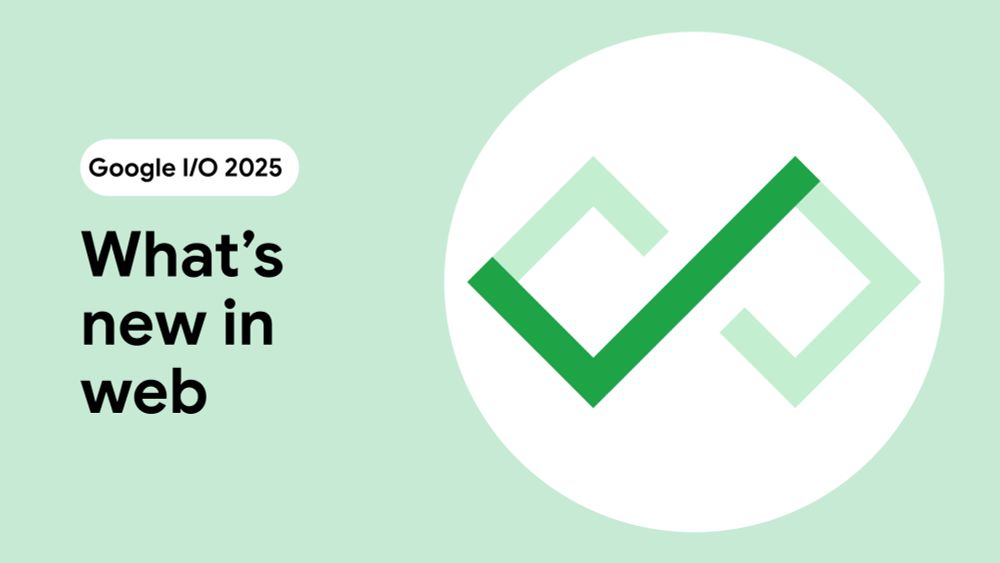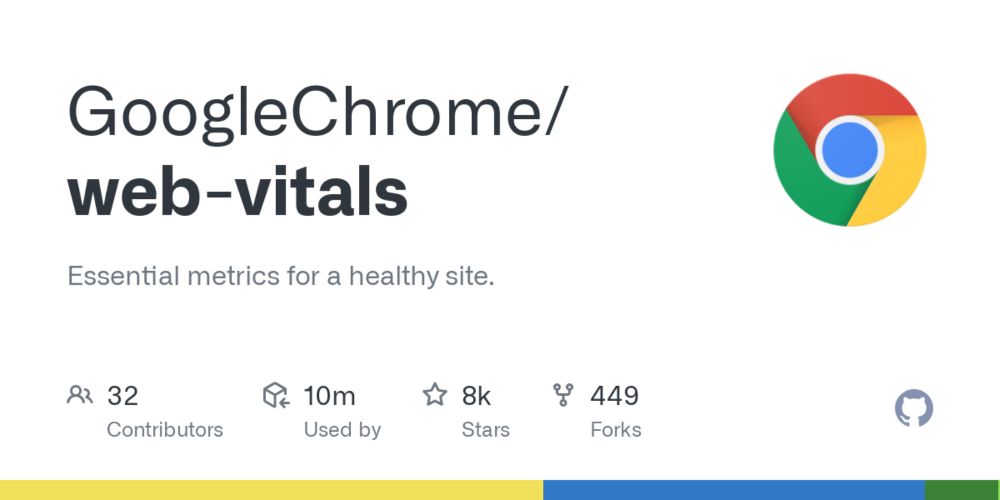

For years, we defaulted to transpiling to ES5 in order to support IE. But is that still necessary?
I took a look at the data to find out, and I'll just say that the results were *actually* quite surprising! 🙀
philipwalton.com/articles/the...
Congrats to @jakebailey.dev on updating upstream tsc to default to an unpinned *latest* yearly edition of ES20xx. Heading for TS 6.0 🎉
This mean less transpilation of new JS features & more use of native language features provided by JS engines 👍
github.com/microsoft/Ty...
Congrats to @jakebailey.dev on updating upstream tsc to default to an unpinned *latest* yearly edition of ES20xx. Heading for TS 6.0 🎉
This mean less transpilation of new JS features & more use of native language features provided by JS engines 👍
github.com/microsoft/Ty...
The solution is simpler than you think.
With basic CSS scroll APIs, you can get built-in interruptible swipe gestures 🥳
The solution is simpler than you think.
With basic CSS scroll APIs, you can get built-in interruptible swipe gestures 🥳

If a user signs in with a saved password , your website can request that an associated password manager (in many cases on Chrome is Google Password Manager) creates a passkey automatically.
developer.chrome.com/blog/automat...

If a user signs in with a saved password , your website can request that an associated password manager (in many cases on Chrome is Google Password Manager) creates a passkey automatically.
developer.chrome.com/blog/automat...
In 2024 we shipped Cross-Document VTs, added refinements such as `view-transition-class` and VT Types, and also welcomed Safari in adding VT support.
And this year … well, I wrote a post summing it all up.

In 2024 we shipped Cross-Document VTs, added refinements such as `view-transition-class` and VT Types, and also welcomed Safari in adding VT support.
And this year … well, I wrote a post summing it all up.
(huh - apparently can't do polls here...), Please reply, Yes or No, or any other answer in between.
(huh - apparently can't do polls here...), Please reply, Yes or No, or any other answer in between.
Build the next wave of Baseline-powered tools and compete for $10,000 in prizes → goo.gle/424SBWc
Build the next wave of Baseline-powered tools and compete for $10,000 in prizes → goo.gle/424SBWc
With Chrome DevTools MCP, your AI agent can run performance traces, inspect the DOM, & perform real-time debugging of your web pages.
With Chrome DevTools MCP, your AI agent can run performance traces, inspect the DOM, & perform real-time debugging of your web pages.
Just give it a target like `baseline widely available` and it'll work out of the box
Available in [email protected] and later
web.dev/blog/browser...

Just give it a target like `baseline widely available` and it'll work out of the box
Available in [email protected] and later
web.dev/blog/browser...
Join the hackathon for your shot at $10,000 in cash prizes 🔥🔥
web.dev/blog/baselin...

Join the hackathon for your shot at $10,000 in cash prizes 🔥🔥
web.dev/blog/baselin...
SVTs expose el.startViewTransition() on HTML elements. The element creates a scope for the transition, ∴ the transition pseudo-elements are affected by ancestor clips and transforms. Multiple SVTs on separate elements can run *concurrently*.
SVTs expose el.startViewTransition() on HTML elements. The element creates a scope for the transition, ∴ the transition pseudo-elements are affected by ancestor clips and transforms. Multiple SVTs on separate elements can run *concurrently*.
Why 2.5 years? Nothing will change tomorrow, but Baseline uses this milestone to signal confidence a feature has gained "wide" support.
youtu.be/bhHV0rQ3-CQ
Why 2.5 years? Nothing will change tomorrow, but Baseline uses this milestone to signal confidence a feature has gained "wide" support.
youtu.be/bhHV0rQ3-CQ
Personally, I'm not worried about that at all. If anything, I think Baseline will speed up new feature adoption!
Here's why 🧵
Personally, I'm not worried about that at all. If anything, I think Baseline will speed up new feature adoption!
Here's why 🧵
Baseline helps you make data-driven decisions so you can ship the right features at the right time. Learn more and find your target with #WhatsMyBaseline → goo.gle/whats-my-baseline
Baseline helps you make data-driven decisions so you can ship the right features at the right time. Learn more and find your target with #WhatsMyBaseline → goo.gle/whats-my-baseline

github.com/GoogleChrome...
As a major release, this includes a number of breaking changes as detailed in the upgrading doc:
github.com/GoogleChrome...
Please read carefully before upgrading.
1/5 🧵

github.com/GoogleChrome...
As a major release, this includes a number of breaking changes as detailed in the upgrading doc:
github.com/GoogleChrome...
Please read carefully before upgrading.
1/5 🧵
Still not ready to accept it TBH but I stand behind Adam as one of the most genuine, talented, effervescent devs I've ever worked with.
If you're hiring snatch him up before I figure out a way to get him back 👀
Still not ready to accept it TBH but I stand behind Adam as one of the most genuine, talented, effervescent devs I've ever worked with.
If you're hiring snatch him up before I figure out a way to get him back 👀
And then my employer decided to terminate his role.
I am gutted and sick to my stomach.
I will miss you, my friend 💔
And then my employer decided to terminate his role.
I am gutted and sick to my stomach.
I will miss you, my friend 💔

